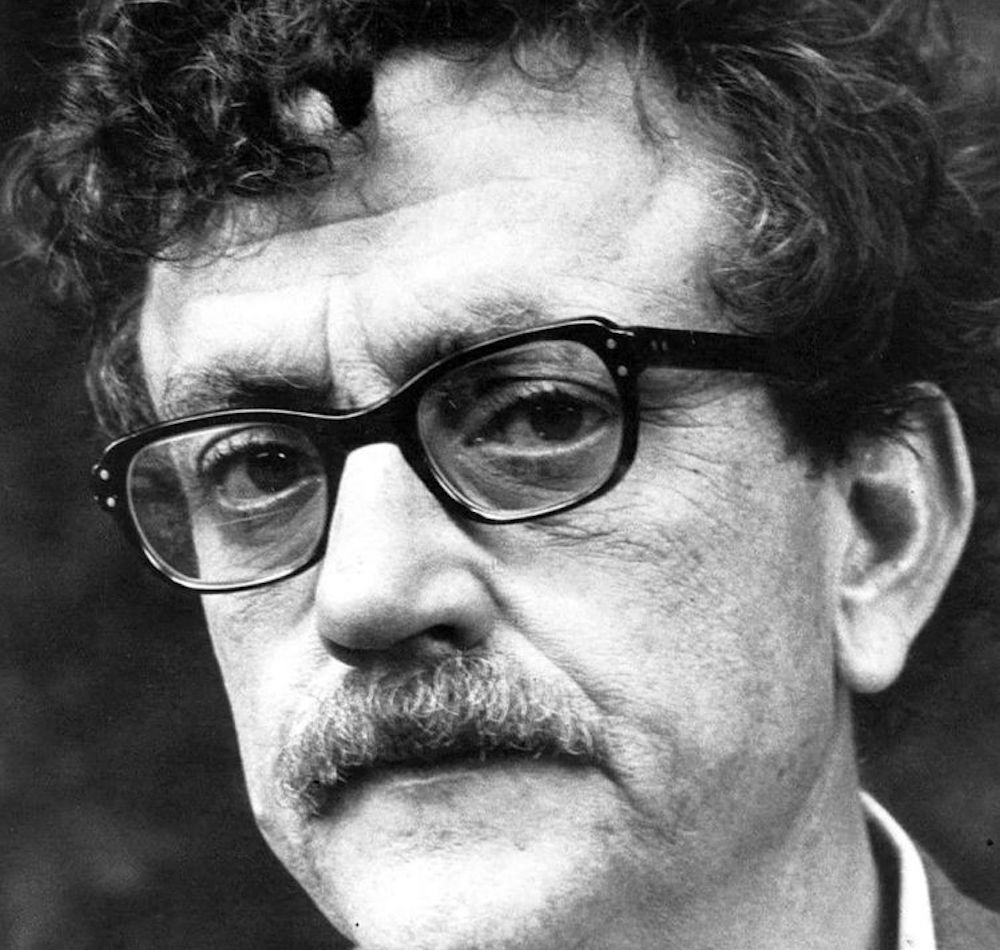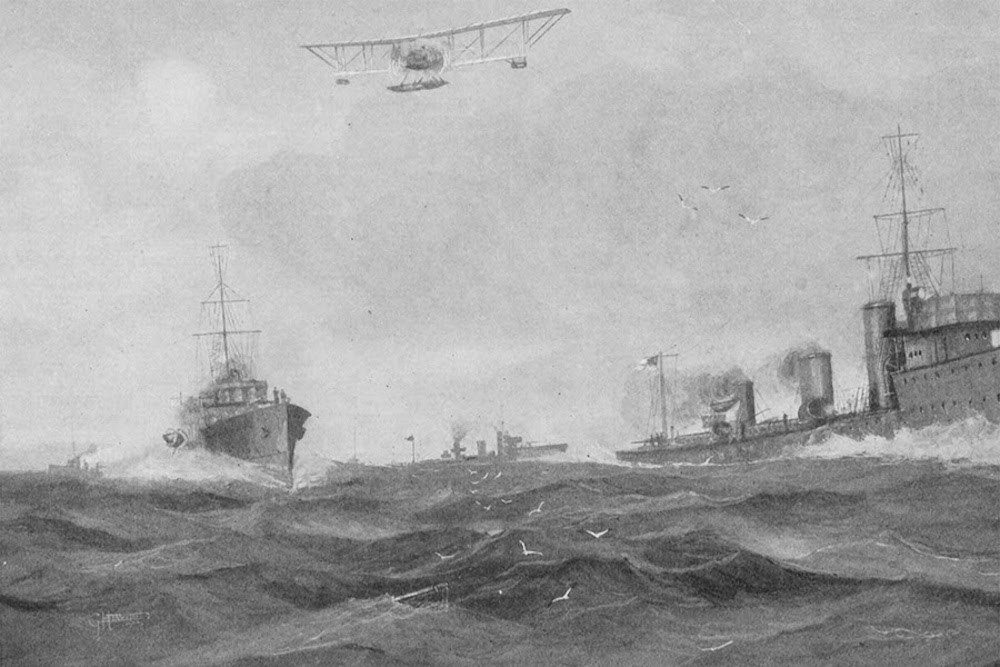Every week, the editors of The Paris Review lift the paywall on a selection of interviews, stories, poems, and more from the magazine’s archive. You can have these unlocked pieces delivered straight to your inbox every Sunday by signing up for the Redux newsletter.
This week, The Paris Review is thinking about Veterans Day. Read on for Kurt Vonnegut’s Art of Fiction interview, M. F. Beal’s short story “Veterans,” and Jim Carroll’s poem “Traffic.”
If you enjoy these free interviews, stories, and poems, why not subscribe to The Paris Review? Or take advantage of our new subscription bundle, bringing you four issues of the print magazine, access to our full sixty-seven-year digital archive, and our new TriBeCa tote for only $69 (plus free shipping!). And for as long as we’re flattening the curve, The Paris Review will be sending out a new weekly newsletter, The Art of Distance, featuring unlocked archival selections, dispatches from the Daily, and efforts from our peer organizations. Read the latest edition here, and then sign up for more.
Kurt Vonnegut, The Art of Fiction No. 64
Issue no. 69, Spring 1977
VONNEGUT
I said, By God, I saw something after all! I would try to write my war story, whether it was interesting or not, and try to make something out of it. I describe that process a little in the beginning of Slaughterhouse Five; I saw it as starring John Wayne and Frank Sinatra. Finally, a girl called Mary O’Hare, the wife of a friend of mine who’d been there with me, said, “You were just children then. It’s not fair to pretend that you were men like Wayne and Sinatra, and it’s not fair to future generations, because you’re going to make war look good.” That was a very important clue to me.
INTERVIEWER
That sort of shifted the whole focus . . .
VONNEGUT
She freed me to write about what infants we really were: seventeen, eighteen, nineteen, twenty, twenty-one. We were baby-faced, and as a prisoner of war I don’t think I had to shave very often. I don’t recall that that was a problem.
Veterans
By M. F. Beal
Issue no. 98, Winter 1985
She settled back in her seat. It was accidental, this trip. Ross had been working on a neighbor’s caterpillar tractor and the gear slipped, lowering the blade onto his knee. Nothing broken, but after a few days the bruise turned into a puffy swollen redness which began to throb. Ross could go to a V.A. hospital for treatment; the neighbor was uninsured. Ross had done some work for her, too, not long after her husband died, and one day he brought her a dozen dark red roses. Some nights he stayed over in the bunkhouse instead of driving his old gas-guzzler to his sister’s, in return for helping her with some of the heavier chores.
Traffic
By Jim Carroll
Issue no. 45, Winter 1968
I was a young pilot in World War I, remember?
do you know the feeling of an airplane crashing the water’s edge?we’ve just traveled 600 miles, and the only person
we know is sleeping under the wet almond tree.there is nothing left but this meadow which smells of blood …
And to read more from the Paris Review archives, make sure to subscribe! In addition to four print issues per year, you’ll also receive complete digital access to our sixty-seven years’ worth of archives. Or take advantage of our new subscription bundle, bringing you four issues of the print magazine, access to our full sixty-seven-year digital archive, and our new TriBeCa tote for only $69 (plus free shipping!).
from The Paris Review https://ift.tt/3kr1Ze9



Comments
Post a Comment